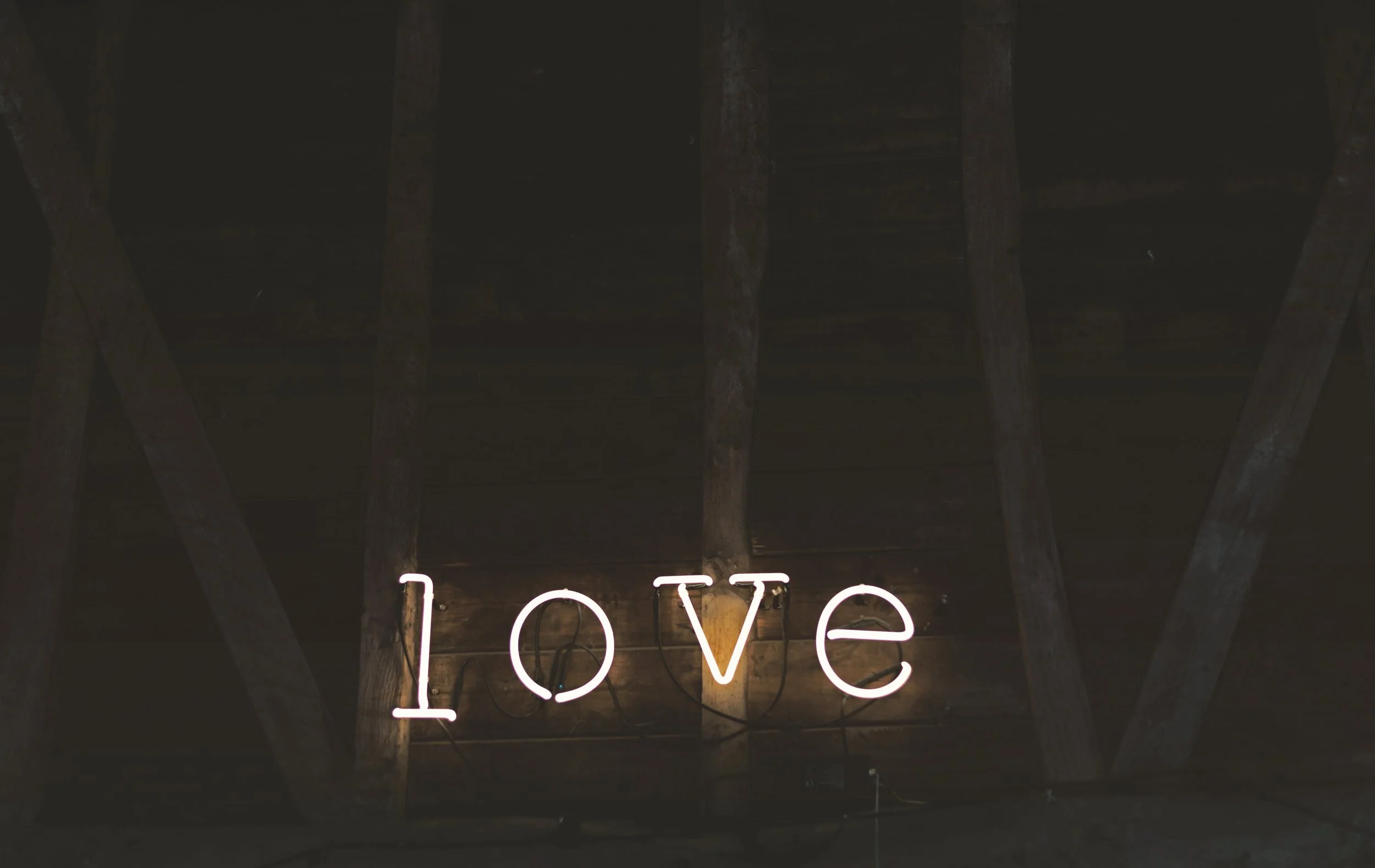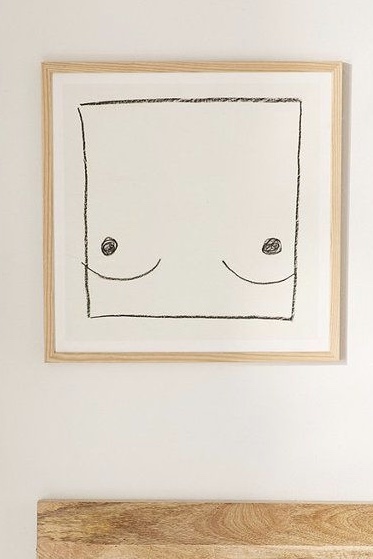When thinking of the phrase, Women Are Victorious, I look to my amazing tribe of friends — strong individuals who have protected me, shaped me, and helped me rise above adversity, pain, and trauma. These women (and one man) have displayed courage, inspiration, and wisdom — and that to me shows Victoriousness. I wanted to celebrate them in this piece as well as share some of my own thoughts.
You know that feeling when you get goosebumps because something resonates with you so deeply? Yep, that’s what happened to me as I was compiling these vignettes from my friends. My heart felt raw with emotion as I was filled up by their inspiring words.
*****************************************************************
Shared by Lorena:
I smile because
I have survived everything
the world has thrown at me.
I smile because
when I was knocked down
I got back up.
-Anonymous.
"My life has changed dramatically from broken to repaired. It took a lot of work but I did it and I'm so damn proud of myself. A year ago today, I wanted to find the nearest hole and crawl into it. The despair I felt was unbearable, the embarrassment from the betrayal on so many levels was too much to take. A year later my life is so different and it feels Fabulous!"
*****************************************************************
Shared by Taz:
"My mom is a victorious woman! I know it's cliche but she truly has turned obstacles into opportunities. And that has been inspiring to me when I've felt defeated."
*****************************************************************
Shared by "She":
“I've suffered from the age of 4 when my father died in an accident. Soon after that tragedy, despair and sexual abuse caused great horrifying pain in my life. I found faith in Jesus, which has really kept me going, I would copy Bible verses and memorize them during that time. My teachers would help me too even though they never knew what I was going through. There were sturdy figures and their consistency helped ground me. Later in life, I found therapy to be of great help. My first therapist was an angel! She saved me in many ways I cannot put into words. I've had many therapists since, and I value the personal and spiritual growth that comes with going to therapy regularly.”
*****************************************************************
Shared by Marcos:
As I think of Victorious Women in my life, I think of two important women: 1. My little sister 2. My mother.
My sister surpassed what many people expected, including doctors, due to her medical diagnosis. Living with fibromatosis she has shown me repeatedly how strong she is and how she does not feel defeated. Now she is a mother of a healthy baby boy. She was told she would have a complicated pregnancy and the baby would have high chances of having the illness, but what a miracle to see her and the baby thriving. When I think of her I think Warrior!! Undefeated!!
My mother - her whole life has always been tough in one way or another. But it is safe to say she's overcome - her father passing at a young age, her bad luck with husbands , and the struggles of being a single mother of three in a foreign country. She has taught me many things in life, such as integrity, hard working ethics, self-respect, and family values. To me, she means the WORLD! She reminds me of a mosaic: broken into many pieces, but a beautiful masterpiece when the light shines through and you take a step back and admire the edges, light, and color. I love her.
****************************************************************
Shared by Nina:
I feel honored to be included.
I have had my share of struggles, including abusive relationships and being brainwashed into believing I was worthless as a Woman. Anger, resentment, and hatred used to plague me. What I have learned from my life of anger was to forgive and extend Grace on those who have hurt me including myself. I found out God loved me regardless of what I had done or what had been done to me. The security of feeling I was completely forgiven of ALL my sins give me a sense of internal freedom and rejoiced in my Christianity.
****************************************************************
Shared by Author - Maria Elena:
What led me down this long, windy path of becoming a therapist is Victoriousness. Throughout my life, I have collapsed and have felt insecure about my sense of worth, and yet have continually chosen to stay true to myself. One such crossroad emerged in my life when I thought I had found love, but it was actually abusive, dishonest, and destructive.
Guess what I chose?
That’s right — my self, my self-respect, my dignity and my ability to rise above the falsity of that love. I was brokenhearted for 5 years after the dissolution of that relationship, but that hurt ultimately took me down a path of curiosity which ultimately helped me discover my calling.
I sought out understanding about the nature of relationships. I wondered: How do relationships last? How does one become aware of relationship ed flags? How does one heal from childhood trauma? And how do I become the best version of myself as a Latina woman?
My mother has been my rock, my safety, my reality checker, and along the way I found other amazing women to encourage, inspire, and hold me in making the decision to start a new career. I immersed myself in my studies about relationship dynamics and connected to grow my own capacity for love. I am now an Associate Marriage and Family Therapist who loves to challenge couples, individuals, and families to tune inward, to express their fears and remain curious about their rules, roles and contradictions. I am healing as my clients are healing. I am Victorious because I chose MYSELF and listened to my inner voice. I am a Warrior because I am fighting against the status quo. And I am Brave because I seek help when I need it.
Women are Victorious. As the women and man featured in this post have shown, Victoriousness is all around us. If we can face our fears with courage, reflection, or a sacred space of surrender, then often we can find a sense of freedom, pride, and creativity on the other side of adversity.
Finally, I would like to leave you with this:
Shared by Beatriz:
Women are victorious when we unite, commune, invite, and remain curious despite fear of rejection or pain - and choosing a different path, changing the rigid holdings of the mind and allowing light to enter and creating positivity.
Shared by Rebecca:
Just like Esther, you were born for such a time as this, you came at the right time, you are not an accident, God knew you were coming and He prepared for you. Your life is for a divine purpose. -Esther 4:14


















